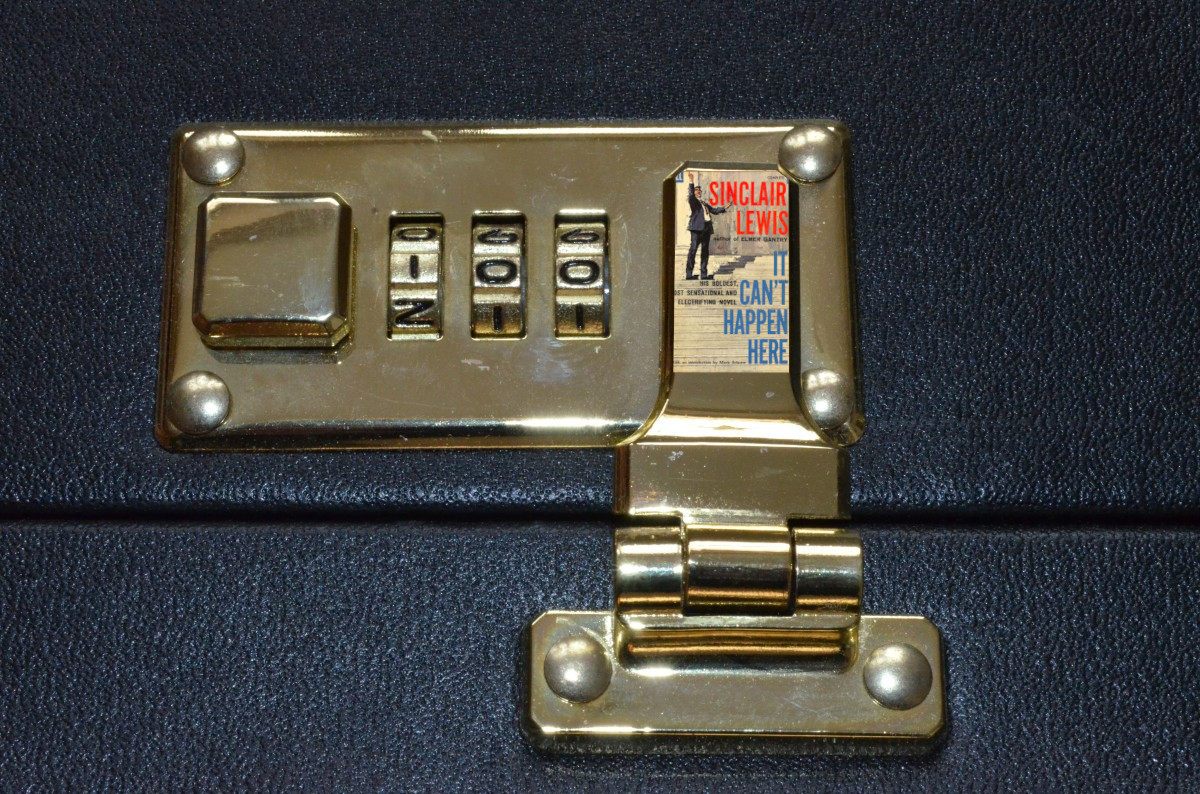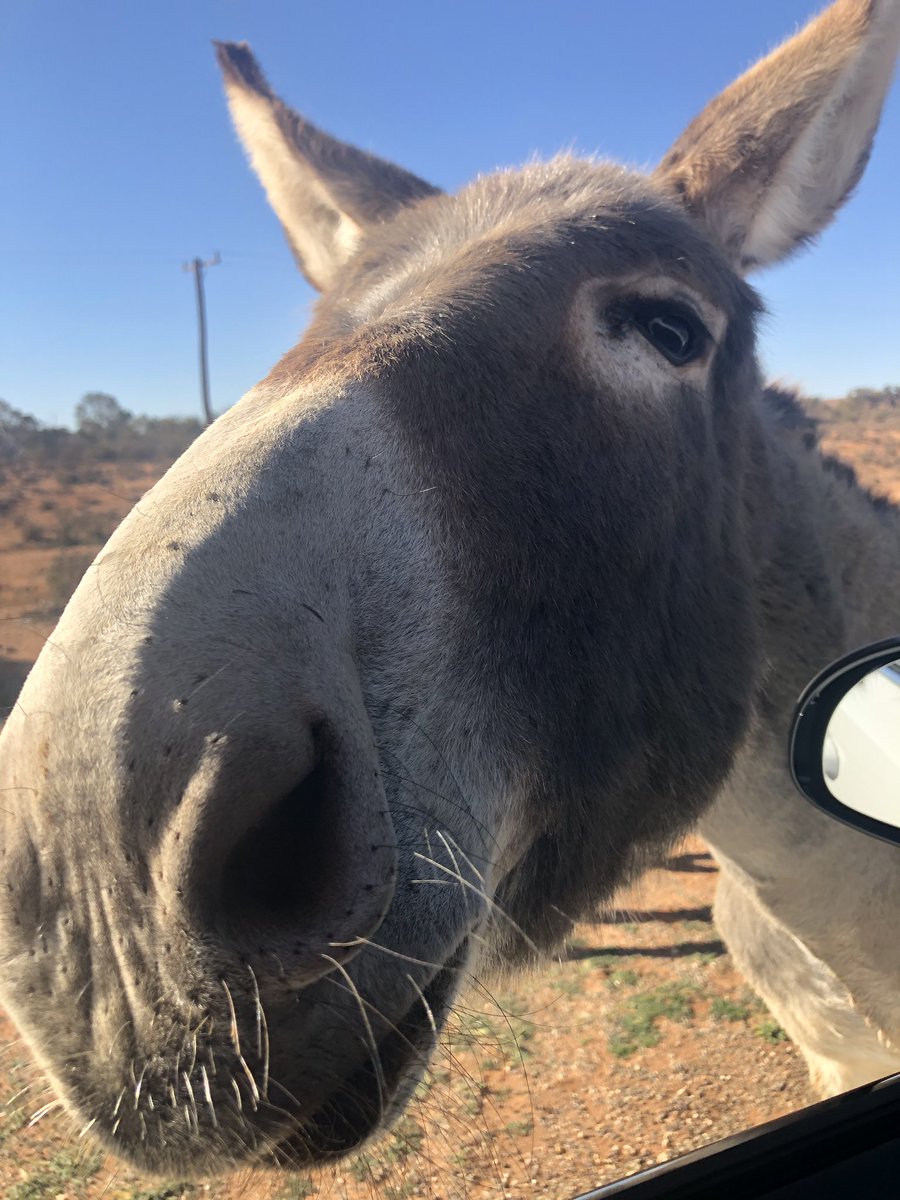2/
Arbitration was created to allow giant companies with equal bargaining power to settle disputes without incurring expensive court battles. So, when IBM and AT&T struck a deal, they'd agree that instead of going to court, they'd hire a neutral person to decide who was right.
1/
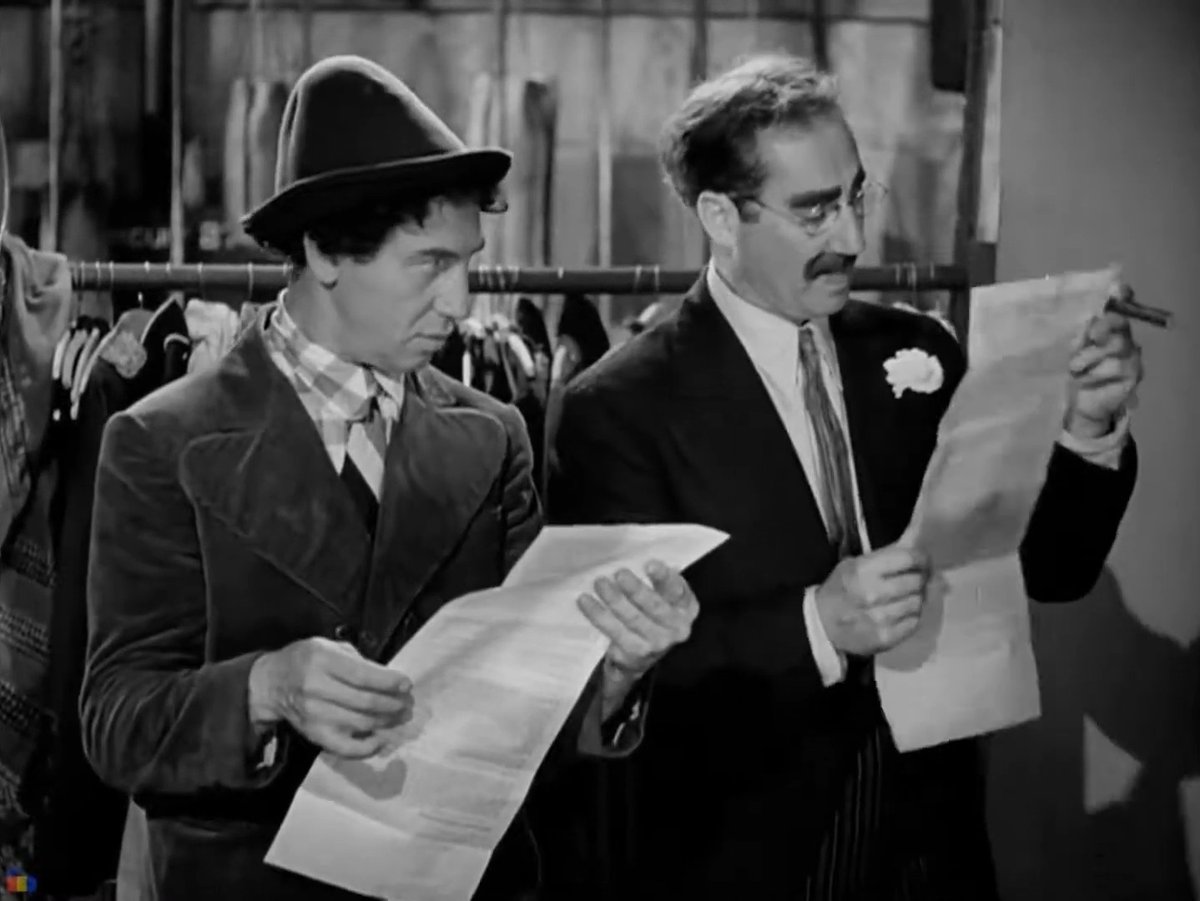
2/
3/
4/
5/
6/
https://t.co/5vV1OGd1TW
7/
8/
And yes, that is a VERY small win, but seriously, at least we've found the bottom.
9/
https://t.co/j9TRvgLAi3
10/
"OK, good."
"We'll eat in Area B. Good?"
"Good."
"We'll throw a crap in area C. Good?"
11/
12/
13/
14/
More from Cory Doctorow #BLM
Inside: Stop saying "it's not censorship if it's not the government"; Trump's swamp gators find corporate refuge; and more!
Archived at: https://t.co/7JMcAbaULj
#Pluralistic
1/

Monday night, I'll be helping William Gibson launch the paperback edition of his novel AGENCY at a Strand Bookstore videoconference. Come say hi!
https://t.co/k3fvBdqOK0
2/
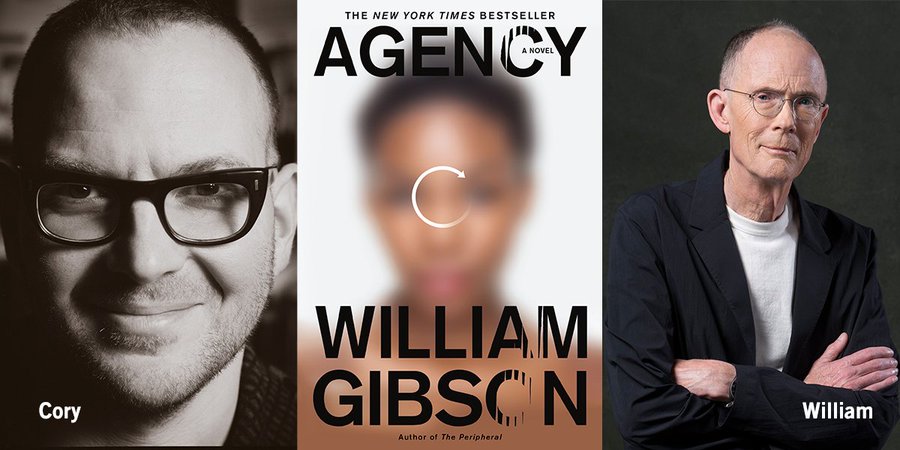
Stop saying "it's not censorship if it's not the government": I didn't expect the Spanish Inquisition.
https://t.co/7I0MpCTez5
3/

If you think "It's not censorship unless the government does it," I want to change your mind.
— Cory Doctorow #BLM (@doctorow) January 24, 2021
It's absolutely true that the First Amendment only prohibits government action to suppress speech based on its content, but the First Amendment is not the last word on censorship.
1/ pic.twitter.com/ycbLLDhtrd
Trump's swamp gators find corporate refuge: The Swamped project.
https://t.co/MUJyIOr2iw
4/
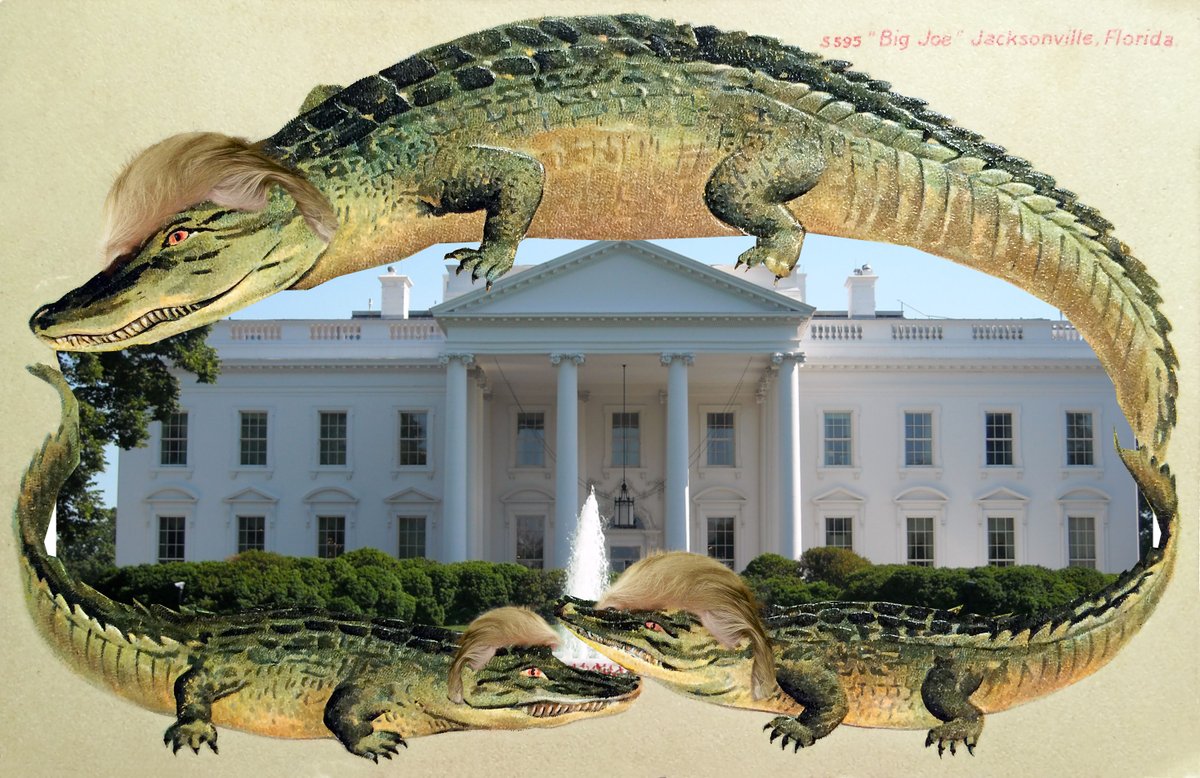
Have you seen the stories about how Trump administration officials and staffers for Ted Cruz are finding that no one in the private sector will hire them because they are forever tainted by their former bosses' disgraceful behavior?
— Cory Doctorow #BLM (@doctorow) January 24, 2021
They're bullshit.https://t.co/XvYDPpR9yd
1/ pic.twitter.com/VxisK4d8jV
#15yrsago A-Hole bill would make a secret technology into the law of the land https://t.co/57bJaM1Byr
#15yrsago Hollywood’s MP loses the election — hit the road, Sam! https://t.co/12ssYpV46B
#15yrsago How William Gibson discovered science fiction https://t.co/MYR0go37nW
5/
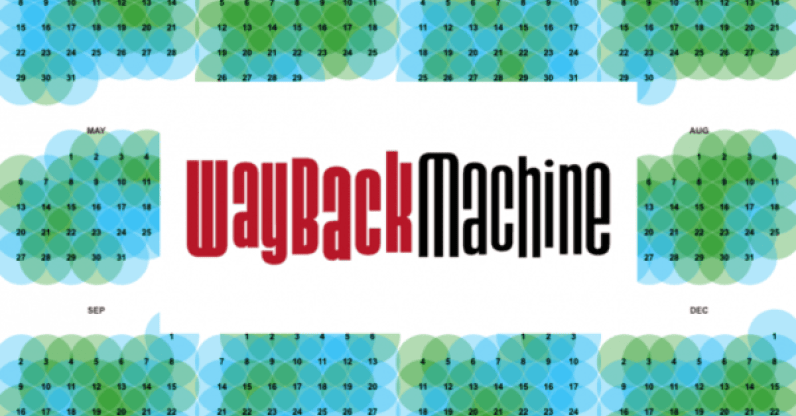
Inside: ADT insider threat; Billionaires think VR stops guillotines; Privacy Without Monopoly; and more!
Archived at: https://t.co/nu1HbReiEX
#Pluralistic
1/
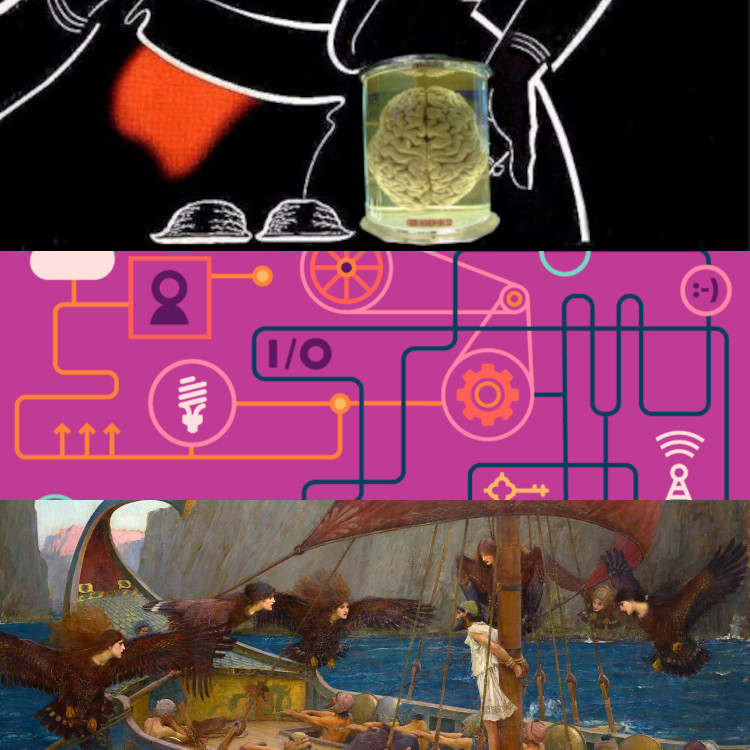
This Wednesday, I'm giving a talk called "Technology, Self-Determination, and the Future of the Future" for the Purdue University CERIAS Program:
https://t.co/po5IivZyr4
2/

ADT insider threat: If you build it they will spy.
https://t.co/kJrmtu8L3S
3/

Self-control isn't merely a matter of eliminating your own weaknesses. Self control is primarily about compensating for those weaknesses. When you go on a diet, you don't just commit yourself to eating well - you also throw away the Oreos so you won't be tempted.
— Cory Doctorow #BLM (@doctorow) February 15, 2021
1/ pic.twitter.com/BCEc7FPkut
Billionaires think VR stops guillotines: TARP with tasps.
https://t.co/MIKwvsICkr
4/
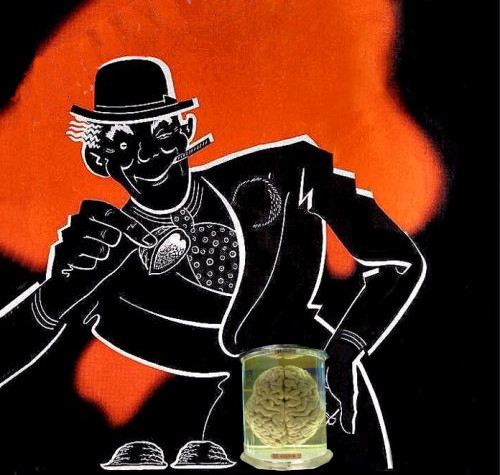
The pandemic has afforded all of us a refresher course on the five stages of grief, a theoretical and controversial framework for describing how people cope with tragedy: denial, anger, bargaining, depression and acceptance.https://t.co/nqPmjCvyab
— Cory Doctorow #BLM (@doctorow) February 15, 2021
1/ pic.twitter.com/lNk2vvhlNF
Privacy Without Monopoly: Podcasting a reading of the latest EFF whitepaper.
https://t.co/R2sl75y4rb
5/
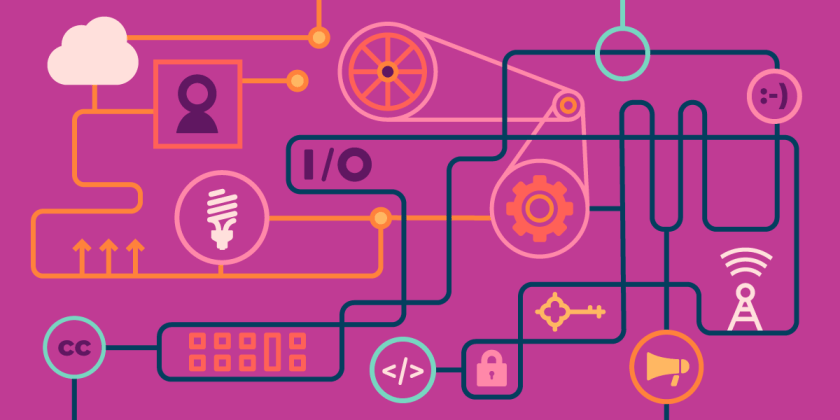
This week on my podcast, a spoken-word version of "Privacy Without Monopoly: Data Protection and Interoperability," a major new white-paper that Bennett Cyphers and I co-authored for @EFF.https://t.co/oASlJFpz8t
— Cory Doctorow #BLM (@doctorow) February 15, 2021
1/ pic.twitter.com/UnA6fGoA6m

